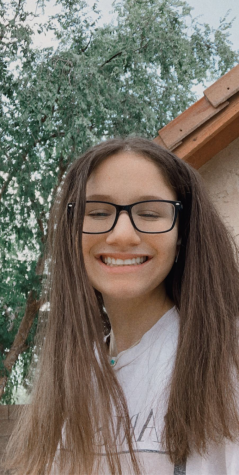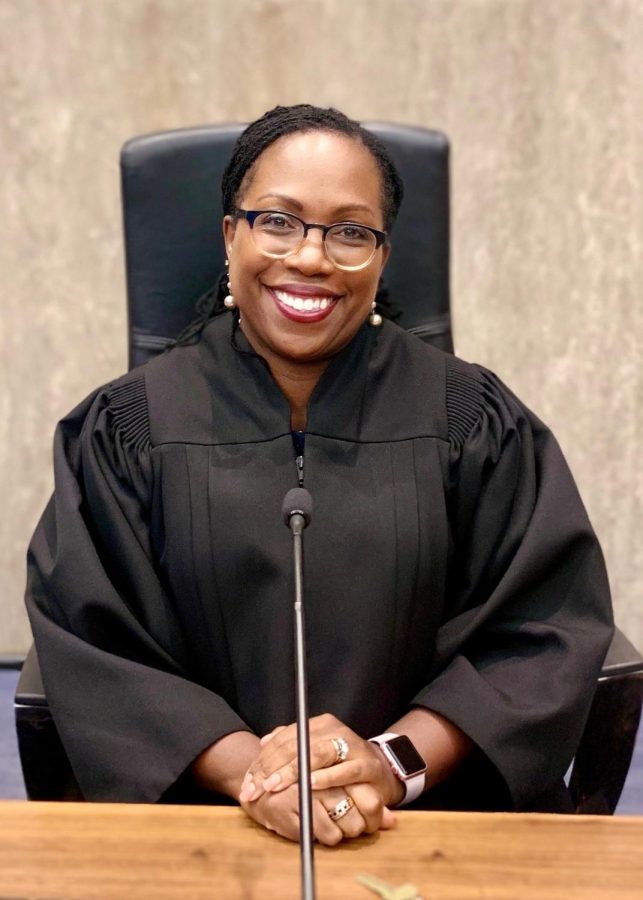Challenges Facing the First
Judge Jackson Confirmed to the Supreme Court
Justice Jackson Brown, https://creativecommons.org/licenses/by-sa/4.0
On Thursday, April 7, Judge Kentaji Brown Jackson received her confirmation by the United States Senate to the Supreme Court, becoming the first Black woman confirmed to the bench.
Her experience as a Supreme Court clerk, public defender, district judge, Court of Appeals judge, and vice-chair of the U.S. Sentencing Commission all outrank the qualifications of any other sitting Supreme Court judge.
According to the New York City Bar, they found her “Highly Qualified,” partly due to her “very thoughtful, detail-oriented, and temperate jurist free from partiality.”
Some Pinnacle High School students showed support for the new judge.
“She’s very well rounded. She knows what she’s doing,” said Gabriella Mertz, junior.
Mertz also said that she watched most of the hearings and feels confident in her knowledge of Jackson’s extensive judicial experience.
Jackson went through hours of questioning by senators on the Judiciary Committee, answering a wide range of questions. Questions included her sentencing of pedophiles, how religious she considers herself, whether she would recuse herself from an affirmative action case and what her qualifications consist of.
A few heartwarming moments occurred, with Senator Cory Booker and Senator Alex Padilla both taking the opportunity during their questioning time to uplift Jackson.
“I see my ancestors in yours,” Booker said. “You have earned this spot. You are worthy. You are a great American.”
The Republican senators raised questions about how she views issues such as abortion, expanding the Supreme Court and her judicial methodology.
“It’s important to understand [textualism and originalism] but [Jackson] also wants her mind to be open,” Mertz said on Jackson’s judicial philosophy.
Now confirmed, Jackson breathes a sigh of relief as she waits for Justice Stephen Breyer to resign at the beginning of the court’s summer recess, which the Washington Post says usually starts in late June or early July.

"Magazine has been so much fun, especially the writing. I’ve loved doing research and spending my time talking to people."





